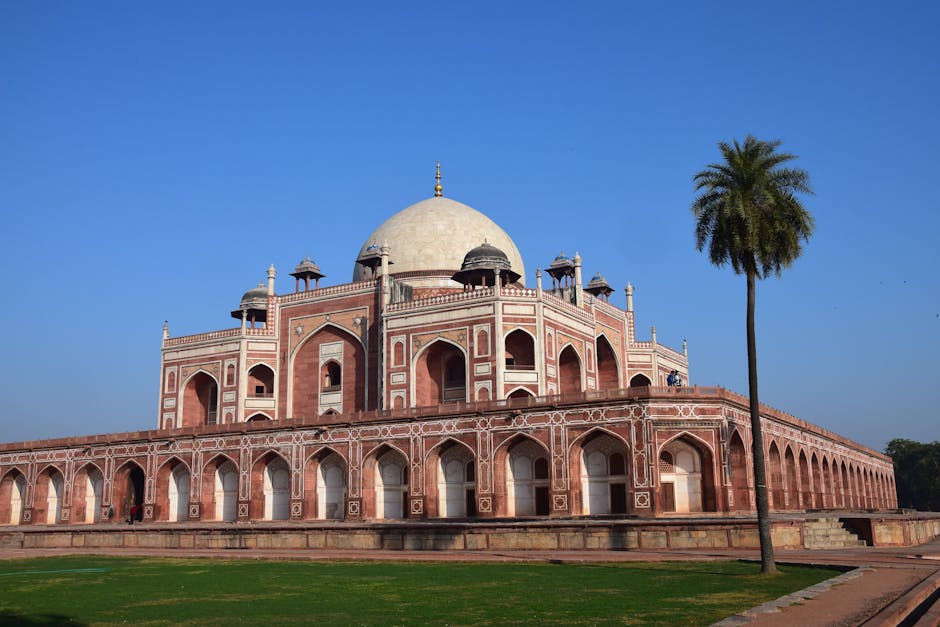
Cultural Ecology: Exploring the Relationship Between Culture and the Environment
Cultural Ecology: Exploring the Relationship Between Culture and the Environment
Cultural ecology is a fascinating field of study that examines the interaction between human societies and the natural environment. It explores how cultural practices, beliefs, and economic systems impact the environment, and how the environment, in turn, influences culture.
At its core, cultural ecology recognizes that humans are not separate from their environment but are deeply intertwined with it. It emphasizes the importance of understanding the reciprocal relationship between culture and the natural world.
The Principles of Cultural Ecology
Cultural ecology operates on several key principles:
- Adaptation: Cultural groups adapt to their ecological environments in unique ways, developing specific strategies for survival and resource utilization.
- Human-Environment Interaction: Cultural beliefs, practices, and economic systems shape the way humans interact with their environment, influencing resource management, land use, and conservation efforts.
- Scale: Cultural ecological studies can focus on a range of scales, from individual communities to entire regions or even global perspectives.
- Holism: Cultural ecology examines the interconnectedness and interdependency of various cultural, social, economic, and environmental factors.
Cultural Ecology and Environmental Sustainability
Studying cultural ecology is crucial for understanding the impact of human activities on the environment and developing sustainable solutions. By uncovering how cultural practices and beliefs shape resource use, conservation efforts can be tailored to work within a specific cultural context.
For example, in certain indigenous communities, cultural traditions promote sustainable hunting and fishing practices, ensuring the long-term viability of local ecosystems. By recognizing and respecting these cultural practices, conservation efforts can be more effective and sustainable.
The Future of Cultural Ecology
Cultural ecology continues to evolve as a field of study, adapting to contemporary challenges such as climate change, globalization, and urbanization. As cultures and ecosystems change, researchers are exploring new ways to analyze and understand these complex dynamics.
By promoting interdisciplinary collaboration and incorporating diverse perspectives, cultural ecology offers valuable insights into the relationship between culture and the environment. It reminds us that to create a sustainable future, we must consider not only ecological factors but also cultural identities, values, and practices.
